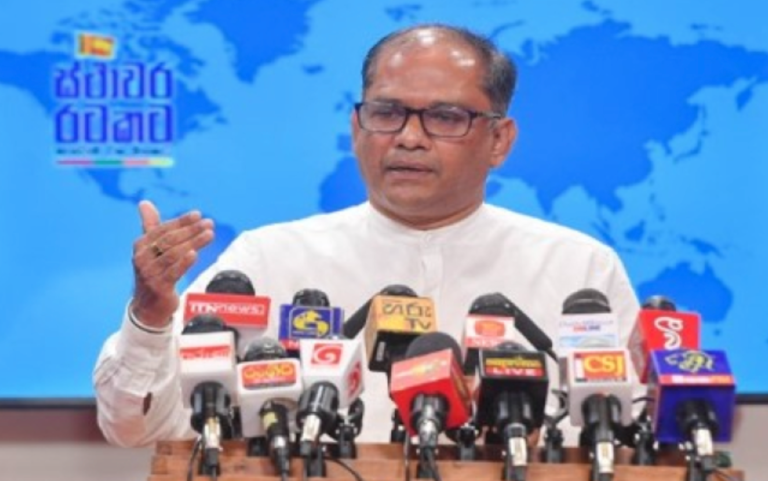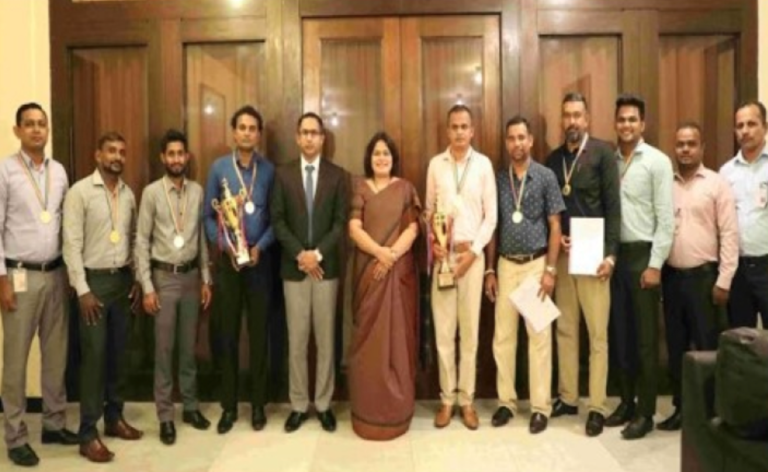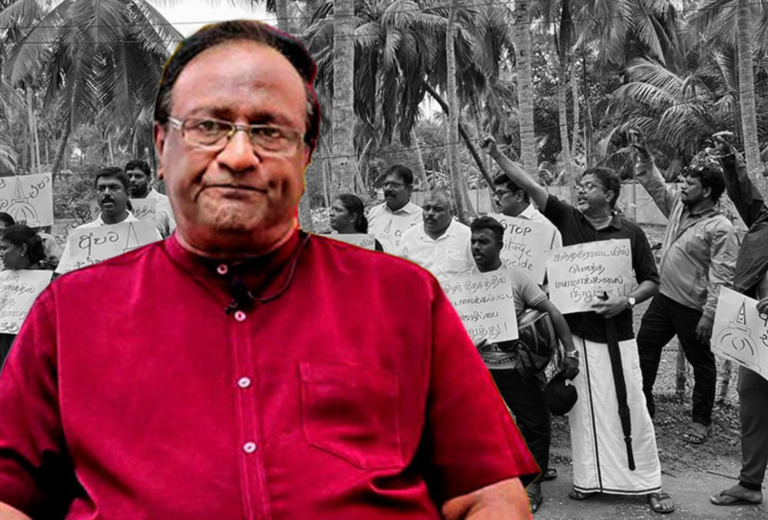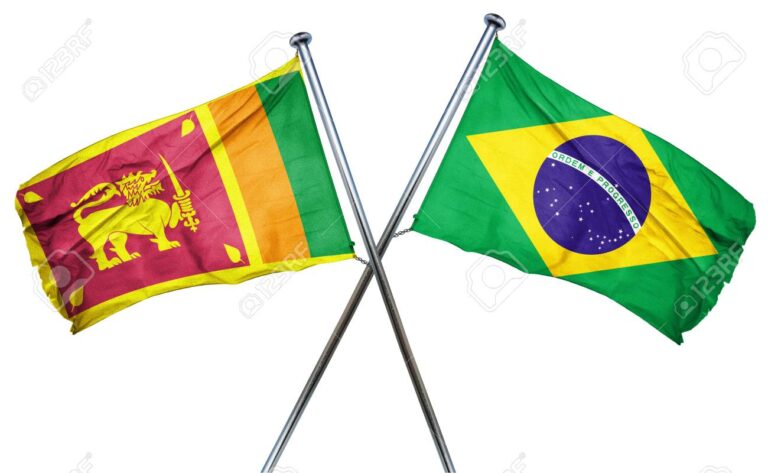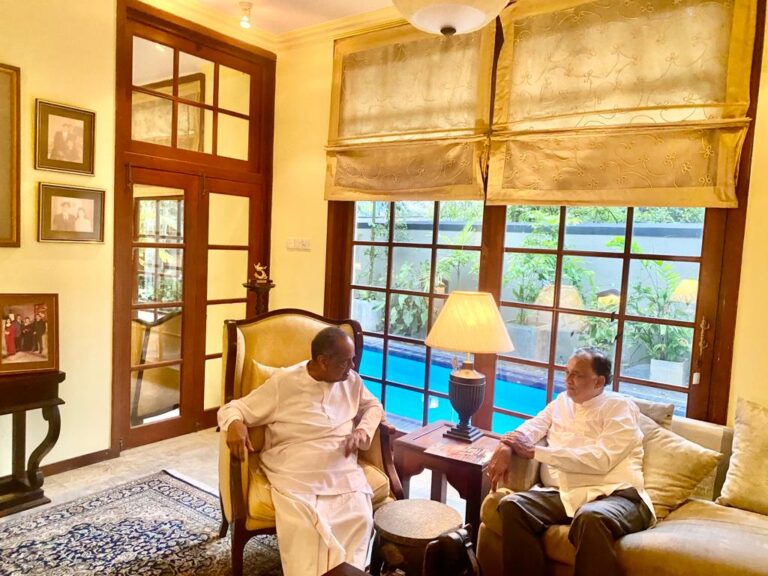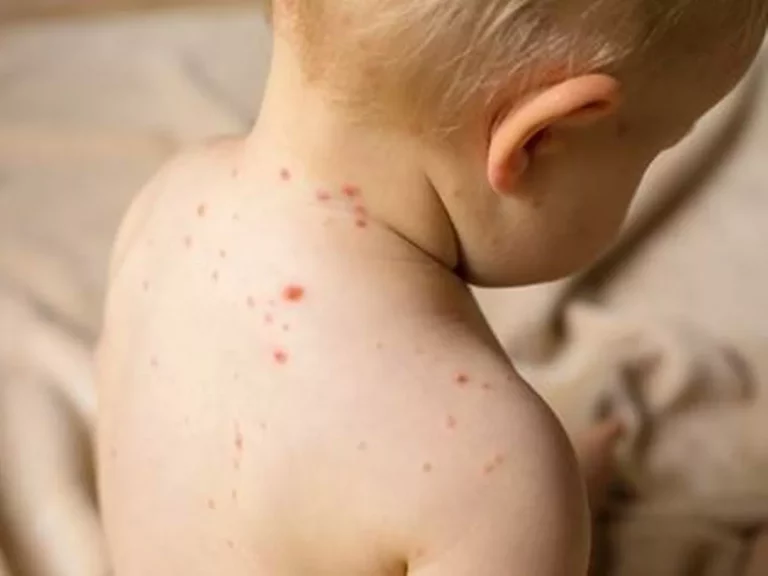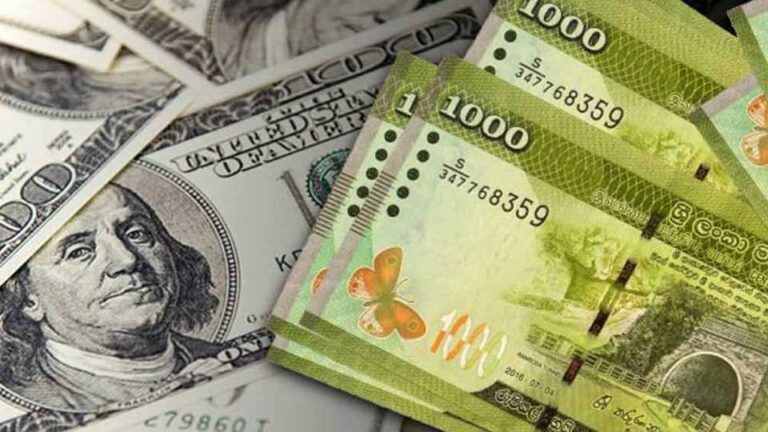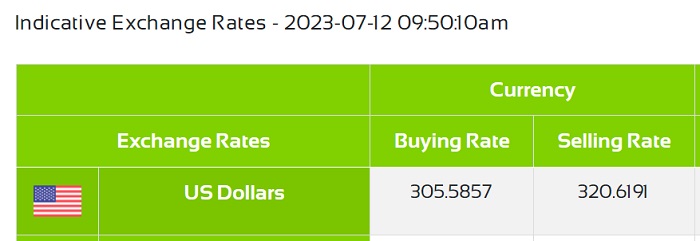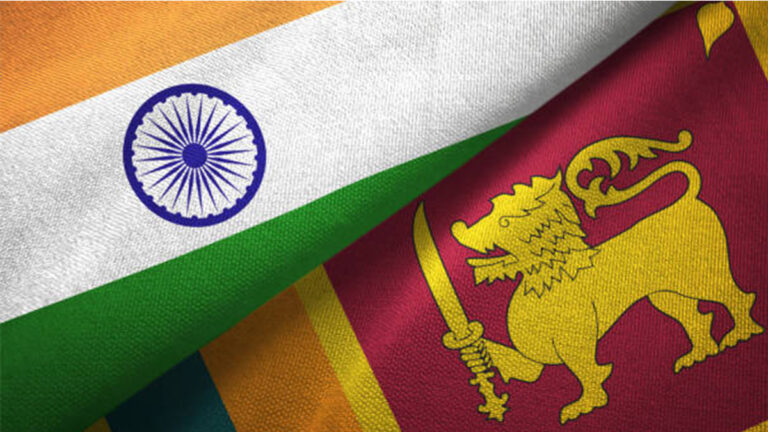By: Staff Writer
Colombo (LNW): The long-awaited development of Hambantota district is set to gain momentum again, as the Cabinet of Ministers approved to entrust the responsibility of preparing a master plan to Singapore-based renowned Surbana Jurong Ltd again.
This development plan will be prepared for the implementation of the envisaged integrated development of the Hambanthota town (Municipal Council) area.
Hambantota is one of the most important hub in the shipping lanes of the Eastern and Western world countries and has the potential to create a national and international development network and the plan expects to have its economic impact in Sri Lanka.
Similarly, Hambantota is administratively the main town in the district, providing services to a large area.
“Although the Cabinet had previously approved the appointment of Surbana Jurong Ltd., in 2018 to obtain consultation services for a regional plan and a detailed master plan of Greater Hambantota, the implementation of the decision had been pending.
Now, recognising the significance of Hambantota’s development, the Government has deemed it appropriate to engage the same consultancy firm that was entrusted with preparing master plans for Colombo city, the Western province, and the strategic development of the tourist zone in the Eastern province,” Cabinet Co-Spokesman and Minister Banduala Gunawarena said.
Speaking at the post-Cabinet meeting media briefing he said by assigning the responsibility to Surbana Jurong Ltd., the Government aims to leverage the expertise and experience of the consultancy firm in urban planning and strategic development.
Surbana Jurong is a global urban, infrastructure and managed services consulting firm with over 70 years of track record in successful project delivery.
“This strategic move aligns with the Government’s commitment to fostering sustainable and inclusive growth in Hambantota district, unlocking its full potential and creating new opportunities for the local population.
The preparation of a comprehensive master plan will play a crucial role in guiding the district’s development activities. It will provide a roadmap for infrastructure development, economic growth, environmental sustainability, and social progress,” Minister Gunawardena added.
He also emphasized on the importance of hiring international experts for such development projects insisting that Sri Lanka lacks knowledge in those areas.



